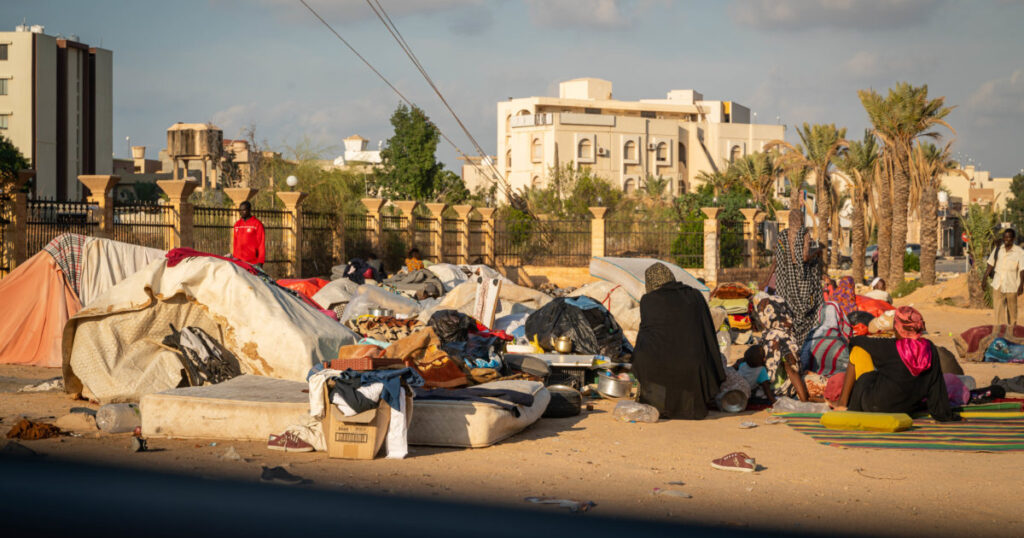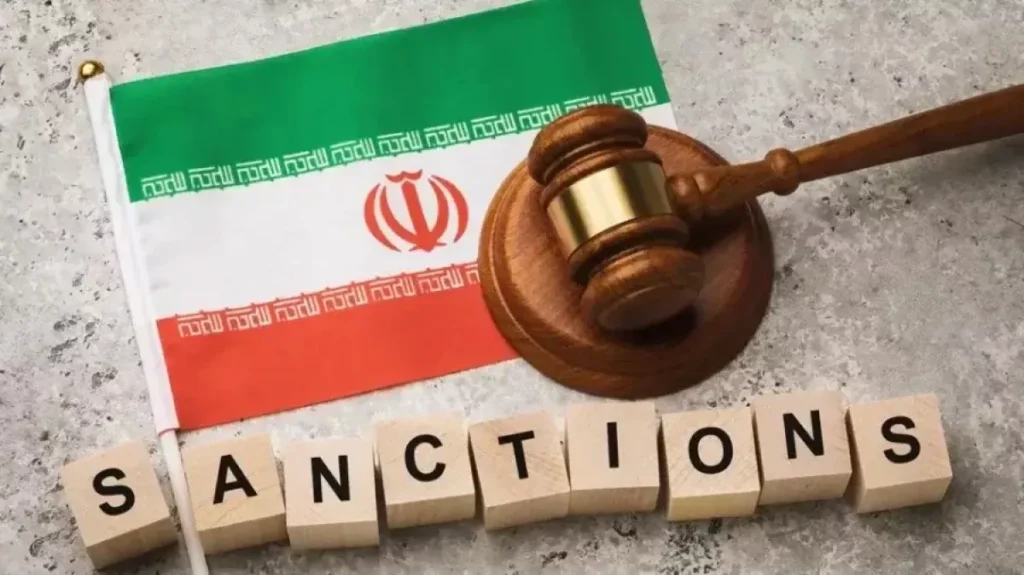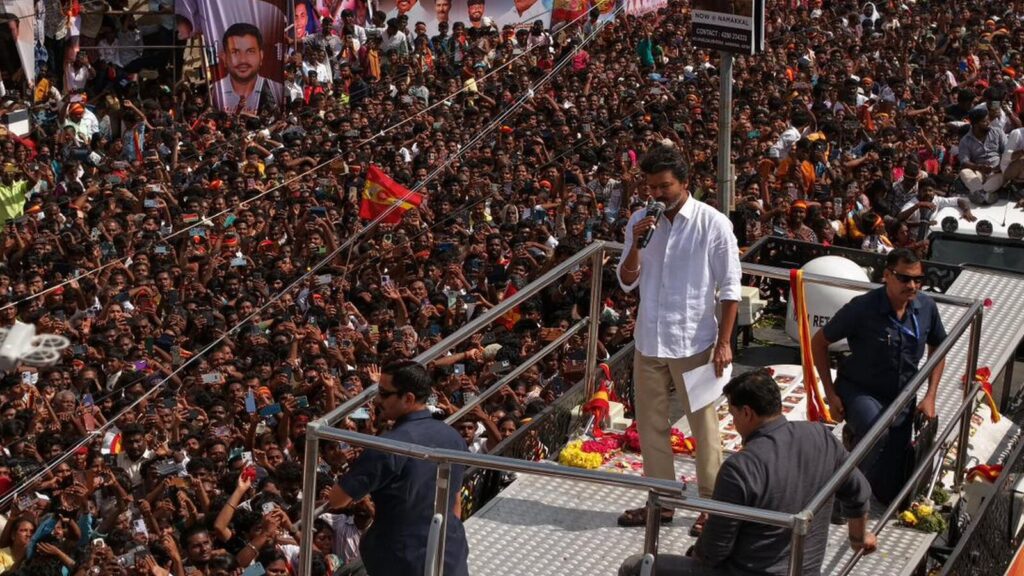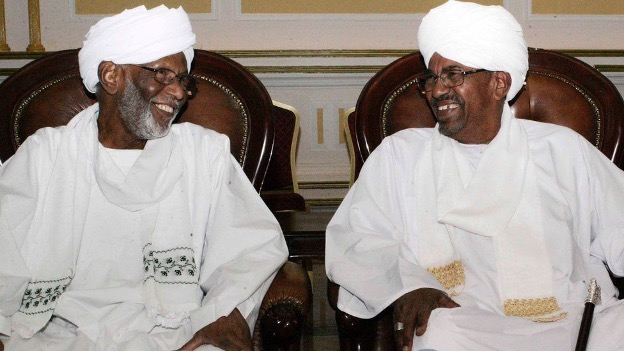
Saudi Arabia, alongside other Middle East nations, has officially declared that the holy fasting month of Ramadan will commence on Monday. This announcement comes against the backdrop of the ongoing conflict in Gaza.
The Supreme Court in Saudi Arabia, home to Islam’s holiest sites, conveyed the start date through its official SPA news agency, designating Monday, March 11, 2024, as the beginning of the blessed month of Ramadan for this year. Ramadan holds a significant place as one of the five pillars of Islam.
Following the sighting of the crescent moon, both the United Arab Emirates and Qatar joined in announcing a Monday start for Ramadan through their respective official news outlets.
Egypt’s Islamic advisory body, Dar al-Ifta, also confirmed Monday as the commencement of Ramadan, extending this confirmation to the Palestinian Territories, including Gaza.
Iran, on the other hand, set the beginning of Ramadan for Tuesday, citing difficulties in observing the crescent moon.
In Saudi Arabia, initial uncertainty surrounded the start of the holy month due to cloudy weather and dust particles obstructing the moon’s visibility.
The Al Majmaah University Astronomical Observatory in Riyadh eventually provided the final confirmation of the moon sighting.
Regional Variations and Concerns Amidst Conflict
Jordan’s Grand Mufti Ahmed Hasnat announced Tuesday as the start of Ramadan and took the opportunity to pray for relief for the oppressed people in Gaza, expressing hope for an end to affliction and aggression.
Oman and Libya are set to mark the first day of Ramadan on Tuesday as well.
The ongoing war between Israel and Hamas in the Gaza Strip has cast a long shadow over the festive atmosphere in the region. Hopes for a ceasefire agreement before Ramadan began were dashed.
In Rafah, a southern Gaza city where a significant number of people have sought refuge, Palestinians voiced concerns over food shortages and the uncertainty of wartime conditions during this holy month.
Ramadan Under the Shadow of Conflict
Observant Muslims during Ramadan traditionally refrain from eating and drinking from dawn to dusk, breaking their fast in the evening with family and friends.
It is also a time of increased prayer, with large congregations gathering at mosques, especially during the night.
Bassel Yassin, an agricultural engineer, reflected on the unique challenges this Ramadan brings, stating, “Of course, this Ramadan is completely different from all the Ramadans that have gone before it.”
Displaced individuals like Hassuna Tabib Hassnan, a dentist from Gaza City, expressed uncertainty about the month’s conclusion, lamenting the displacement, pain, and oppression they are enduring.
Humanitarian Crisis in Gaza
The conflict, triggered by an attack by Hamas on southern Israel in October, has resulted in significant casualties, with a considerable number being civilians.
The retaliatory offensive by Israel in Gaza, aimed at destroying Hamas, has further escalated the crisis, with a substantial loss of life, particularly among women and children.
The United Nations has issued warnings about an impending famine in the Palestinian territory, deeming it “almost inevitable” unless significant changes occur in the ongoing conflict.
Aid levels are reported to be far below the pre-war norm, exacerbating the humanitarian crisis.
In Riyadh, a Saudi government employee, Faisal, expressed the impact of the conflict on his Ramadan experience, calling it “the worst Ramadan I have ever experienced in my life.”
He conveyed a sense of shame while shopping for his family, juxtaposed against the dire situation faced by the people of Gaza.




